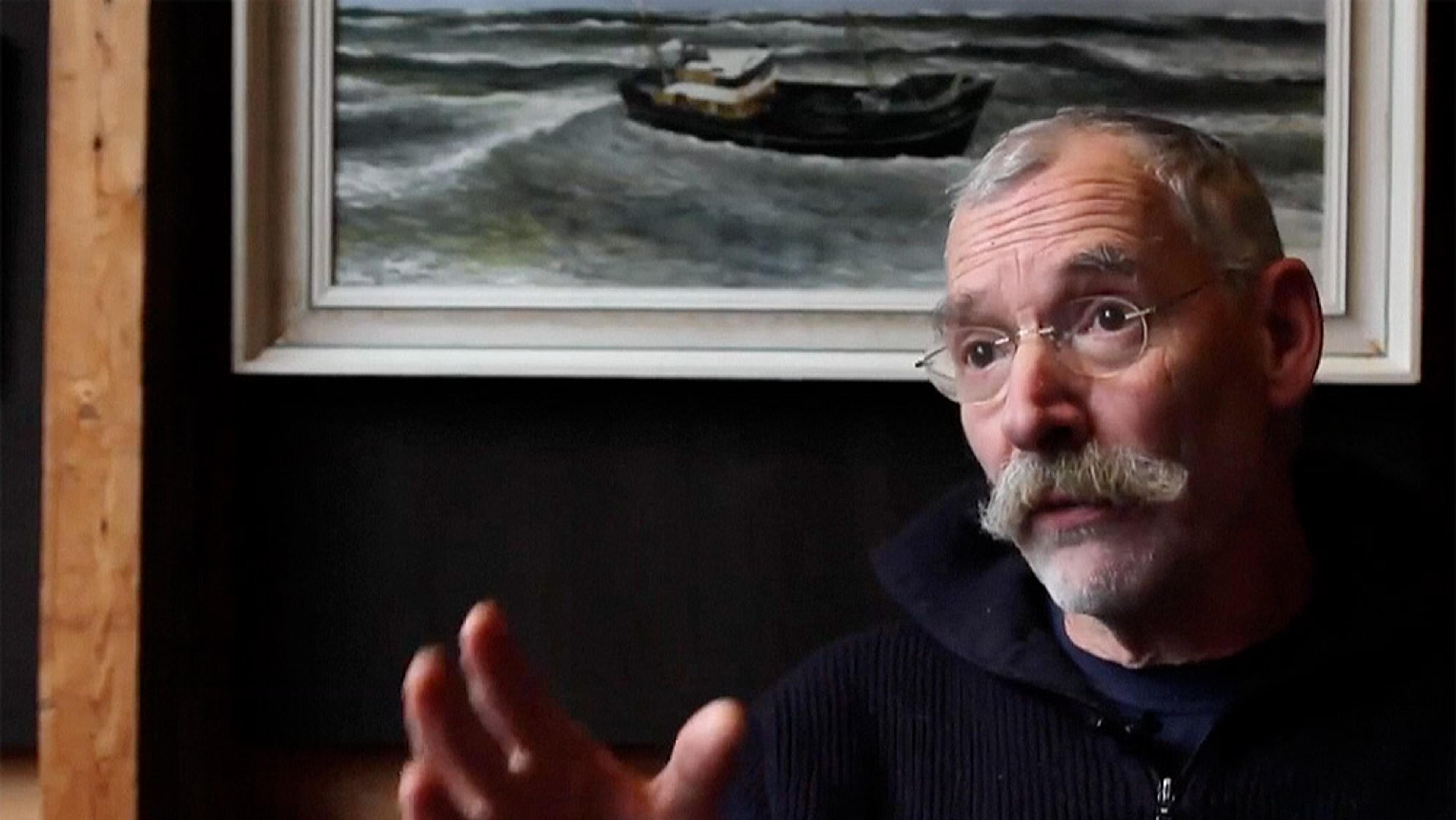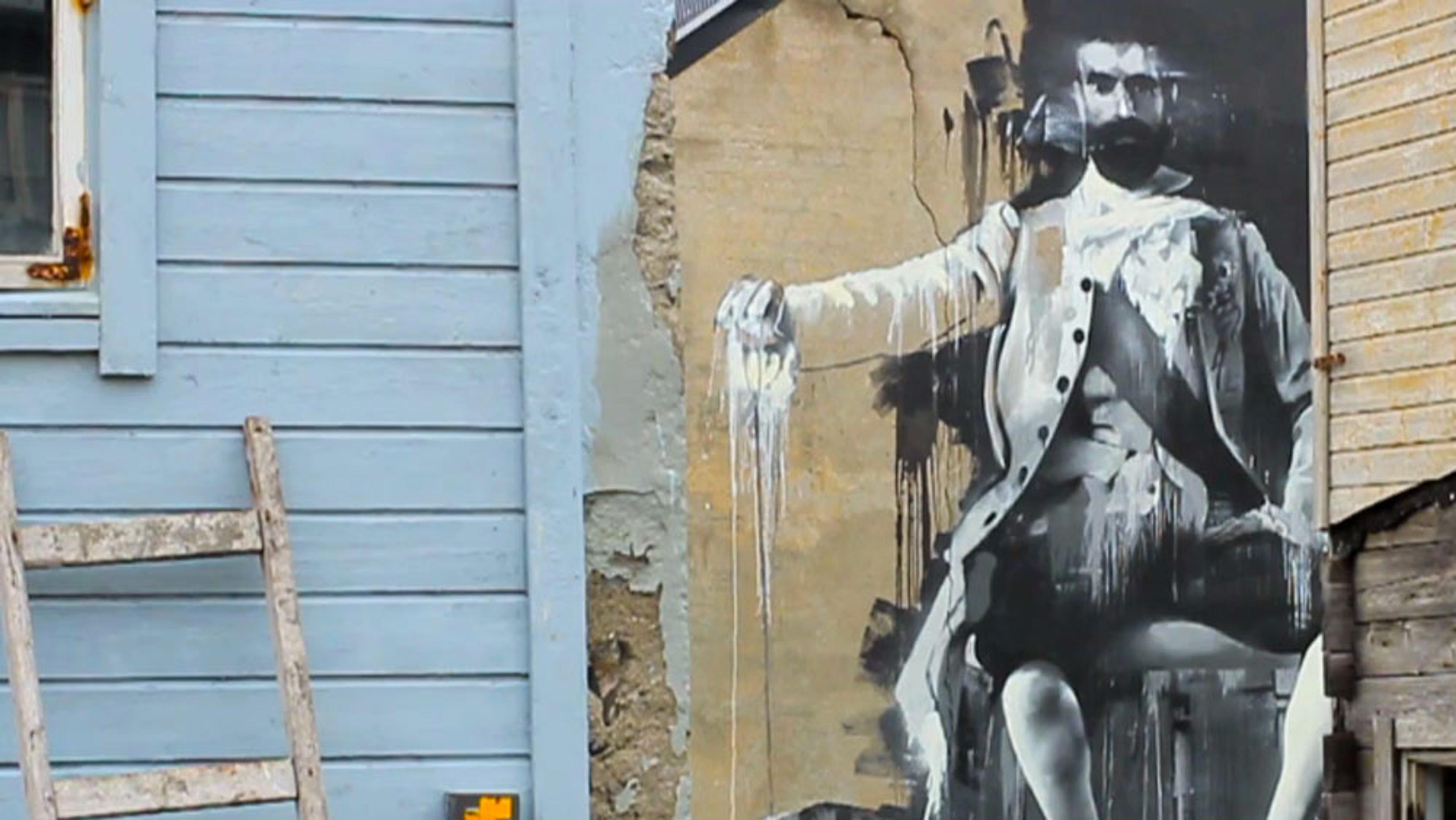Hundreds of years before Christopher Columbus, the Norse became the first Europeans to cross the Atlantic and settle in North America. This long-posited theory was finally proven in the 1960s, following an archeological expedition to the site of L’Anse aux Meadows on the northernmost tip of the island of Newfoundland. Until recently, the exact timing of the Viking settlement was only speculation, based on architectural remains, a few surviving artefacts and interpretations of Icelandic sagas written in the 1200s. But, as this video from Nature explains, using new carbon dating techniques, scientists at the University of Groningen in the Netherlands have found the exact year that a tree was felled by a Viking axe – 1021 CE. Further, this research also marks the earliest known point in history by which human migration had encircled the globe.
A Viking axe struck a Newfoundland tree in the year 1021. Here’s how scientists proved it

videoArchaeology
How a husband-and-wife team proved Leif Erikson beat Columbus to North America
29 minutes

videoEarth science and climate
How an Earth science outsider finally put the Pangea puzzle together
8 minutes

videoThe environment
Where others see trash, the beachcombers of remote Texel island find treasure
14 minutes

videoHistory of science
War, commerce, research. How the Arctic became the epicentre of climate science
14 minutes

videoGenetics
Why it took a century to work out that humans interbred with Neanderthals
22 minutes

videoAstronomy
The remarkable innovations inspired by our need to know the night sky
5 minutes

videoDemography and migration
How we became more than 7 billion – humanity’s population explosion, visualised
6 minutes

videoDemography and migration
What can a map of notable births and deaths reveal about the spread of culture?
6 minutes

videoArt
Using street art to bring Regency warriors to an ancient Viking landscape
4 minutes